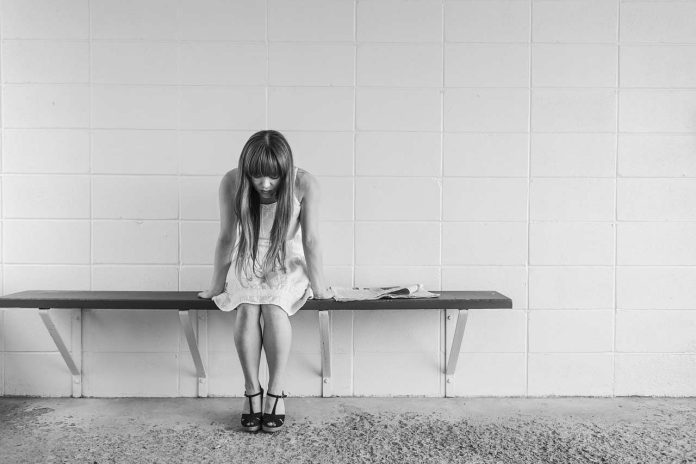
After losing a loved one, it is normal, desirable even, to grieve. However, if the grief is not letting go of you as time passes, you might be 1 in 5 bereaved people who develop depression. If you are constantly burdened with the feelings of hopelessness or guilt, you are preoccupied with death, you cannot deal with day-to-day activities, your body movements are slow, or you are delusional, you need to take immediate action to overcome depression. The road to recovery is not easy, because depression is a powerful will and energy drainer which makes even the easiest things look impossible to do. Just keep in mind that you need to take it slowly, day by day, and that you should not go down that road alone.
Hopefully, these suggestions will help you confront and accept your loss and ease your pain.
1. Build your support network
Isolation and loneliness should not be your companions at this time. Now is the time to reach out to your family and friends. Talking to them and sharing your grief will make it an easier burden to carry. Even if they do not know how to help you, they just need to listen. It really does not matter where the support comes from. If you are a religious person, look for support in your religious community, or try finding solace in praying and other spiritual activities. Join a local bereavement support group. Sometimes we feel that only people who have experienced similar loss can understand what we are going through. If you feel more comfortable talking to an experienced therapist, by all means do so. If arranging cemetery and crematorium services in Sydney, look if the funeral homes offer bereavement support, because some of them do.
2. Take care of yourself
Sleeping well, eating well, having fun, and exercising should be your imperatives because only when we are physically OK, can we get better emotionally. Try to adopt a regular sleeping schedule. Do not skip meals and aim for a balanced diet which includes a lot of fruits, vegetables, complex carbohydrates, and low-fat proteins. Reaching for alcohol to numb your pain will make things worse. Try some relaxation techniques, such as meditation, to better manage stress. Spend at least 15 minutes a day in the sun. Take your dog for a walk, or sit on a park bench sipping your coffee. Put some music on and sing along and dance. Do whatever makes you happy, because it is perfectly OK to laugh and enjoy yourself even if you have just lost someone close.
3. Rid yourself of negative thoughts
Depressed people tend to look at life through grey-coloured glasses. You need to challenge those negative thoughts. For a start, spend time with positive people and try to get infected with their optimism. Allow yourself to not be perfect, and you will not feel like a failure all the time. Whenever you have a negative thought, write it down and get back to it later. Ask yourself if that was a realistic thought, or was there some other way to look at the situation.
How to Fight #Depression after Losing a Loved One | #Zigverve https://t.co/ZKAUODCNsi pic.twitter.com/Cc3u31eAzM
— Zigverve.com (@zigverve) October 23, 2015
If you feel that you cannot deal with complicated grief or depression on your own, seek assistance from a mental health professional. If ignored, these conditions can cause even worse mental problems and suicidal thoughts.









really effective, nice content.
Thank you for appreciating, Arvind.
Yes getting off those grey colored glasses would be really needed with or without professional help!